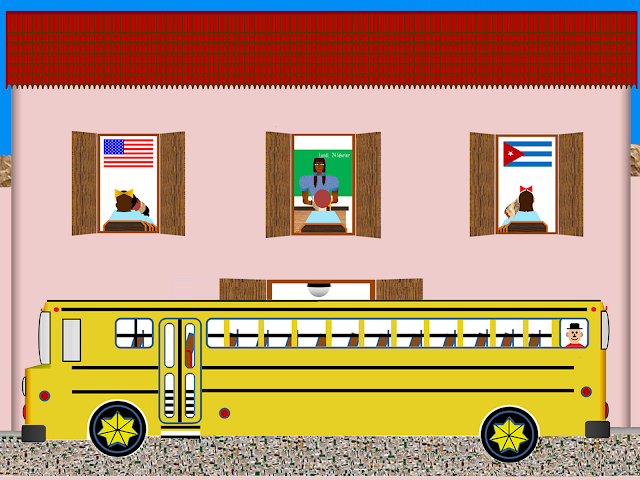Humans have been struggling for survival in his biologic and social environment
through natural selection. How they produce and distribute goods is part of natural
selection within human evolution out of an ecological point of view.
For two million years, early hominids were primarily herd herbivore animals. During the next two million years, somehow more skilful, they were herd hunting warriors. Furthermore, humans were and still are instinctive animals as all of their social drivers had developed long before they developed intellectually.Thus, instincts as mother/father-love, compassion, cooperation, curiosity, inventiveness, competitiveness and mate are innate in humans.These intrinsic human feelings and behaviors were all necessary for the survival of humans and pre-humans within the environment.
The intellect, what distinguishes humans from other animals, developed slowly during the entire four million years or more of human span as a control over in
stincts to provide adaptable behavior.
In fact, social environment has been shaping humans into behavior and social interaction, and today, due to our intellect and culture, we modify or better our own environment to prevent inappropriate consequences from occurring.
Thus, the process of natural selection can act on human culture as well as on genes.
It's refreshing to say that Darwin's natural selection is the process by which nature rewards those humans who better adapted to their environments, either naturally or culturally (social), with survival and reproductive success.
Unfortunately, drastic social processes such as too long revolutionary events affect negatively human evolution and human natural and cultural selection.








